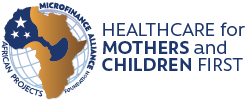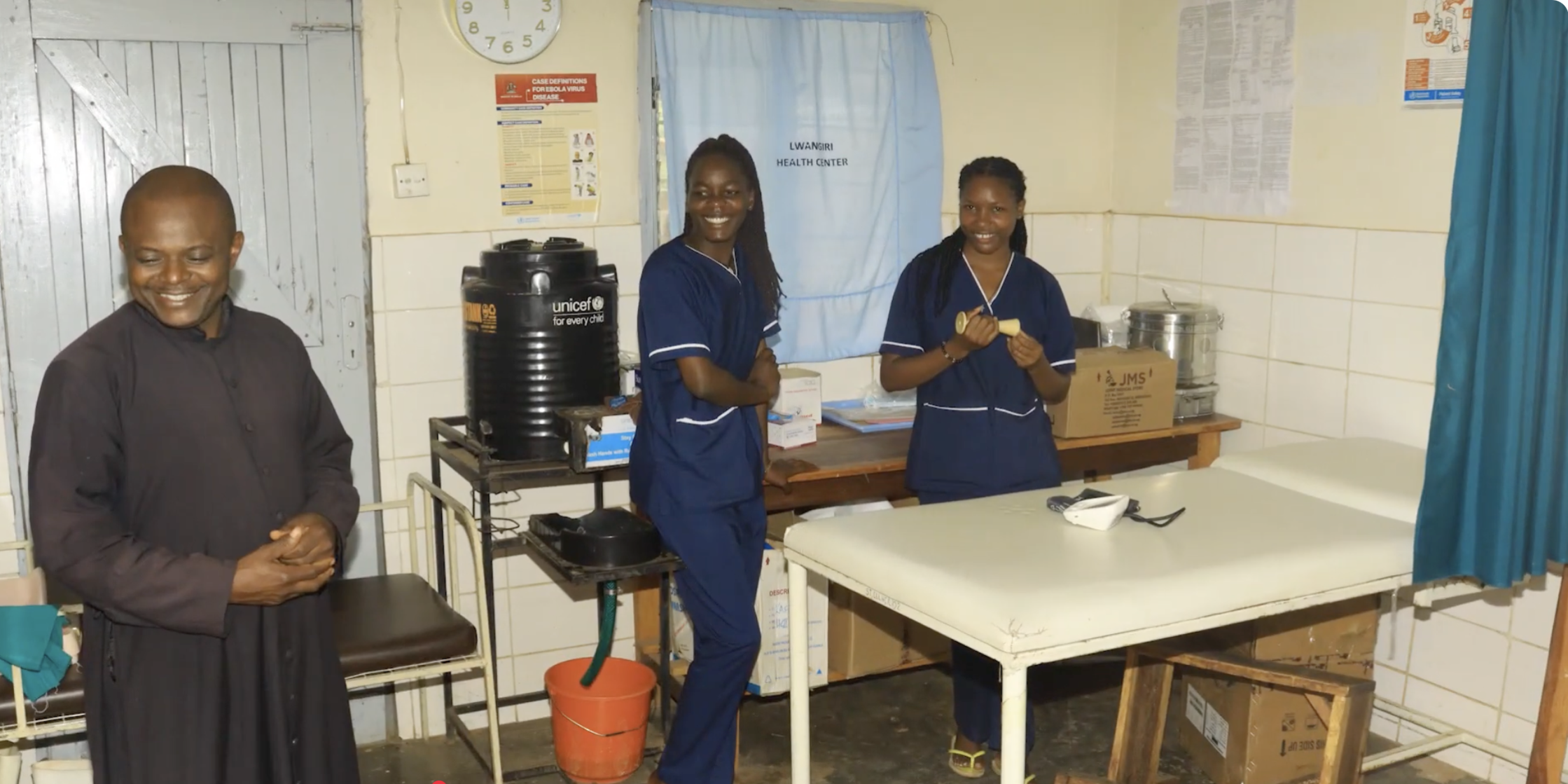Kasanda District, Uganda –
In the heart of rural Uganda, a Catholic priest has transformed a modest microfinance grant into a beacon of hope for mothers and children in his community. Rev. Fr. Ssebikaali Joseph Kavuma, parish priest of Lwangiri Catholic Parish, is spearheading an ambitious initiative to enhance maternal and child health in a region long plagued by inadequate healthcare infrastructure, poverty, and systemic underinvestment.
Nestled in Kasanda District, within the Kiyinda-Mityana Diocese, Lwangiri Parish was established in 1998 and comprises 20 sub-parishes. Although relatively young, the parish has become a center for community mobilization, grassroots development, and social outreach. One of its most impactful undertakings has been the establishment of St. Charles Lwanga Health Centre II, a health facility initiated in 2010 in collaboration with the Diocese to offer essential healthcare services in an underserved region.
However, for over a decade, the health center has struggled to meet the increasing needs of the population.
A Health Centre in Crisis
St. Charles Lwanga Health Centre II was initially housed in a repurposed residential building, a former priest’s house, never intended for medical use. Over time, the facility has become increasingly unfit for purpose. Cracked and crumbling walls, unsealed flooring, and a lack of basic partitioning have compromised hygiene standards and privacy for patients. The absence of dedicated rooms for maternity care, labor and delivery, laboratory services, and inpatient care further undermines the facility’s ability to provide quality care.
Basic medical equipment is scarce. There is no incinerator to safely dispose of biohazardous waste, posing ongoing environmental and public health risks. During heavy rains, leaks in the roof force healthcare workers to move patients and equipment from room to room to avoid water damage. The center operates with an overstretched staff and is often unable to meet patient demand, particularly for expectant mothers and children under five.
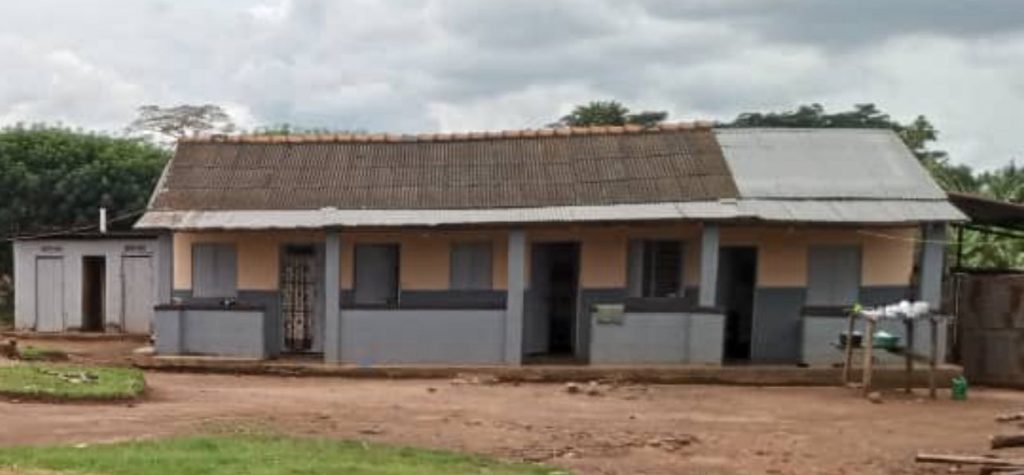
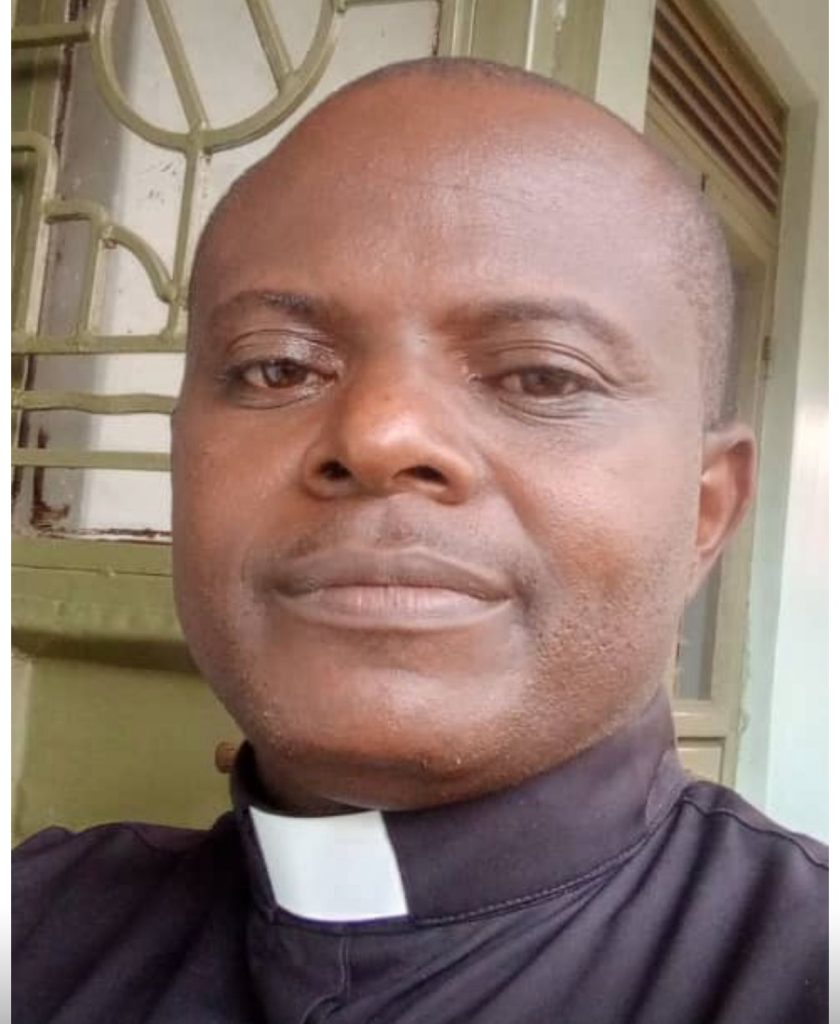
“Seeing mothers give birth on bare cement floors or under makeshift covers during storms has been one of the most painful experiences in my priesthood,” said Fr. Kavuma. “We are doing our best, but we are limited by our environment.”
The challenges intensified during the COVID-19 pandemic and the 2022 Ebola outbreak, which severely disrupted healthcare access across the district. Pregnant women were unable to travel, others feared exposure to infection, and neonatal services became increasingly challenging to provide.
A Piggery Project Sparks a Health Revolution
In 2024, facing financial constraints and declining maternal health indicators, Fr. Kavuma pursued a creative solution. He applied for funding through the Microfinance Alliance African Projects Foundation (MAAP Foundation) with a proposal for a piggery project. The idea was simple but bold: create a sustainable, parish-managed agribusiness that could generate income to support the health center’s operations directly.
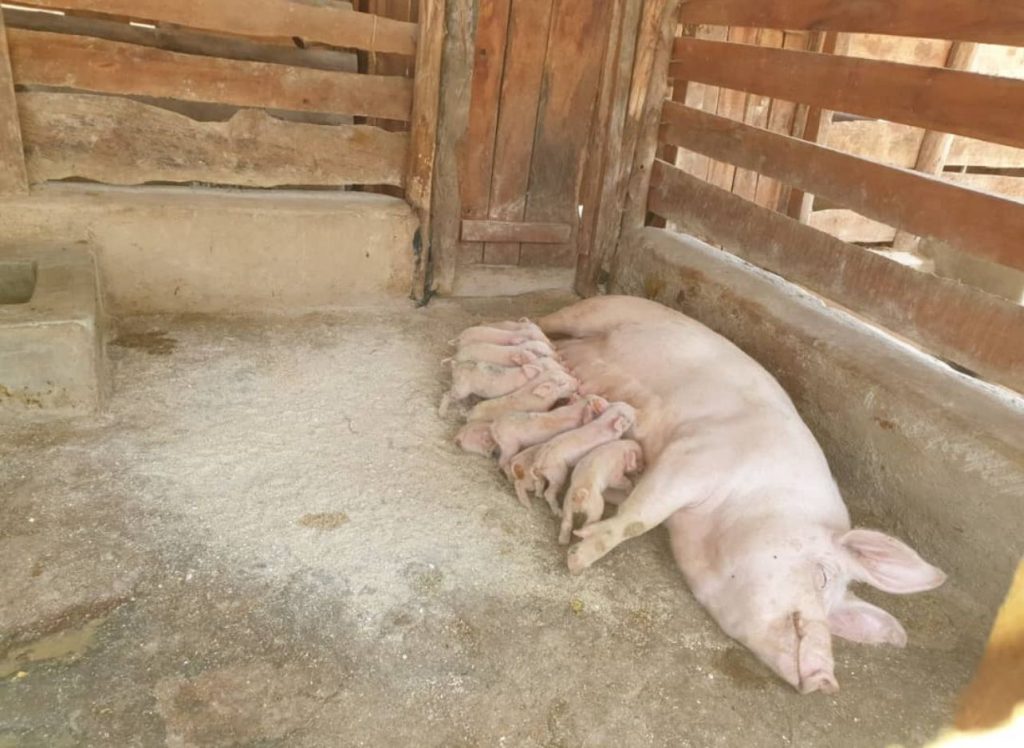
The foundation approved the proposal, granting $5,000 USD to initiate the project. Within twelve months, the piggery had expanded from a handful of animals to over 50 pigs, creating a steady income stream for the parish and bringing tangible improvements to healthcare delivery.
“We knew this was a risk,” said Fr. Kavuma. “But when the first profits came in, we purchased medical supplies, improved the maternity care space, and helped cover transportation costs for pregnant mothers. It quickly became clear that this project could save lives.”
Documented Health Outcomes
Since the piggery’s inception, Lwangiri Parish has reported substantial improvements in maternal and child health outcomes, including:
- Reduction in Maternal Mortality: Increased funding has enabled earlier and more frequent antenatal visits, safer deliveries, and timely emergency care.
- Improved Infant Survival: Expanded immunization campaigns and pediatric care have contributed to a notable drop in infant mortality.
- Broader Immunization Coverage: Outreach programs supported by piggery-generated revenue have allowed more families to access vaccinations.
- Positive Health-Seeking Behavior: With healthcare more accessible, community members, especially women, are increasingly engaging in preventive health services.
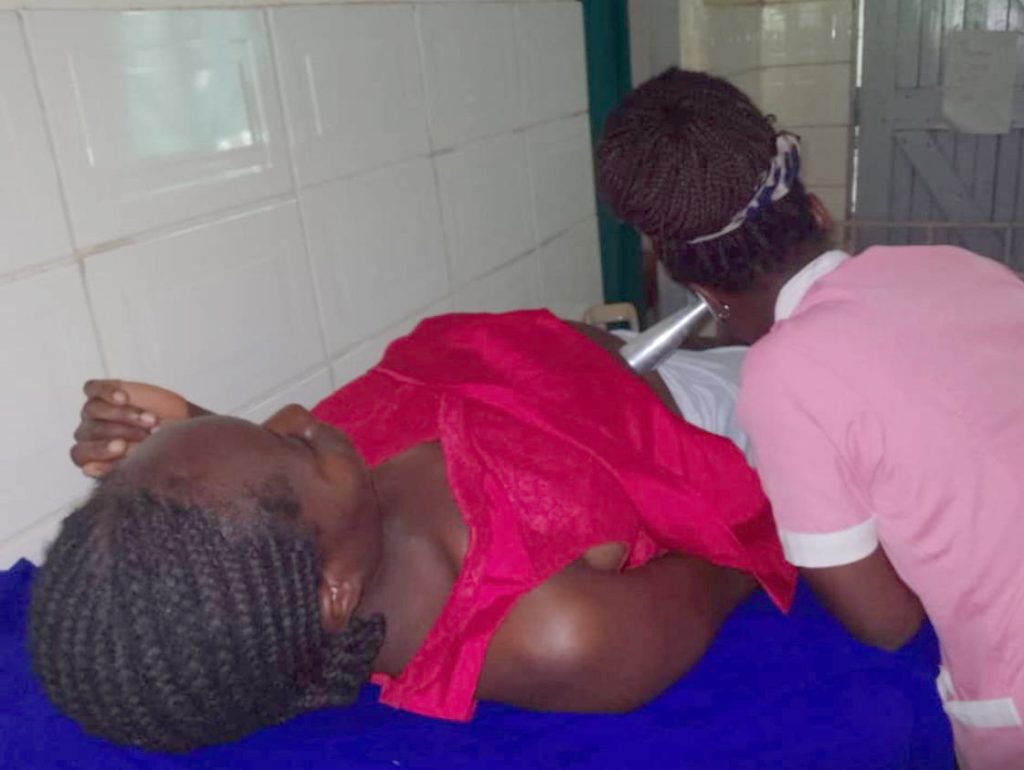
The Need for a Permanent Solution
While the piggery project has proven successful, Fr. Kavuma emphasizes that it is only a stepping stone.
“St. Charles Health Centre is still operating under severe structural limitations,” he said. “We are grateful for what we’ve achieved, but we urgently need to build a new facility to continue saving lives.”
St. Charles is currently classified as a Health Centre II, yet it serves a population far larger than its designated capacity. Recognizing the pressing healthcare needs of the community, Fr. Kavuma has been steadfast in his efforts to elevate the facility to Health Centre III status. This upgrade would not only expand the range of services offered, such as maternity, inpatient, and laboratory care, but also ensure that patients receive care in a more structured and regulated environment. However, one of the key requirements set by the Ministry of Health for this transition is the presence of modern infrastructure capable of housing all essential service points. This includes a dedicated maternity ward, outpatient department, diagnostic laboratory, and inpatient care rooms, all designed to meet national health standards. Fr. Kavuma and the parish leadership are therefore seeking support to construct a new facility that meets these criteria and reflects the dignity of the patients it serves.
To that end, the parish has developed a new proposal and is now seeking $30,000 USD to construct a modern health center block.
The planned facility will include:
- A dedicated maternity ward and labor suite
- A fully equipped outpatient department
- A diagnostic laboratory
- Separate inpatient rooms
- Improved flooring, ventilation, water supply, and waste management systems
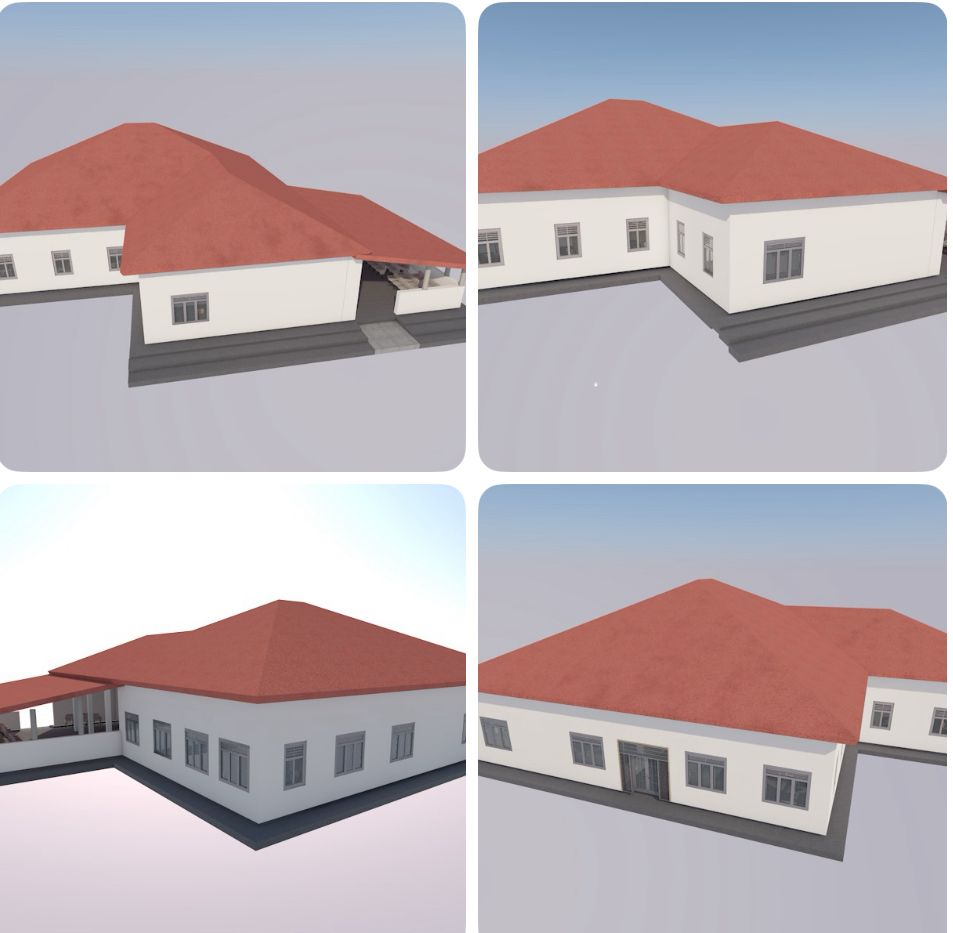
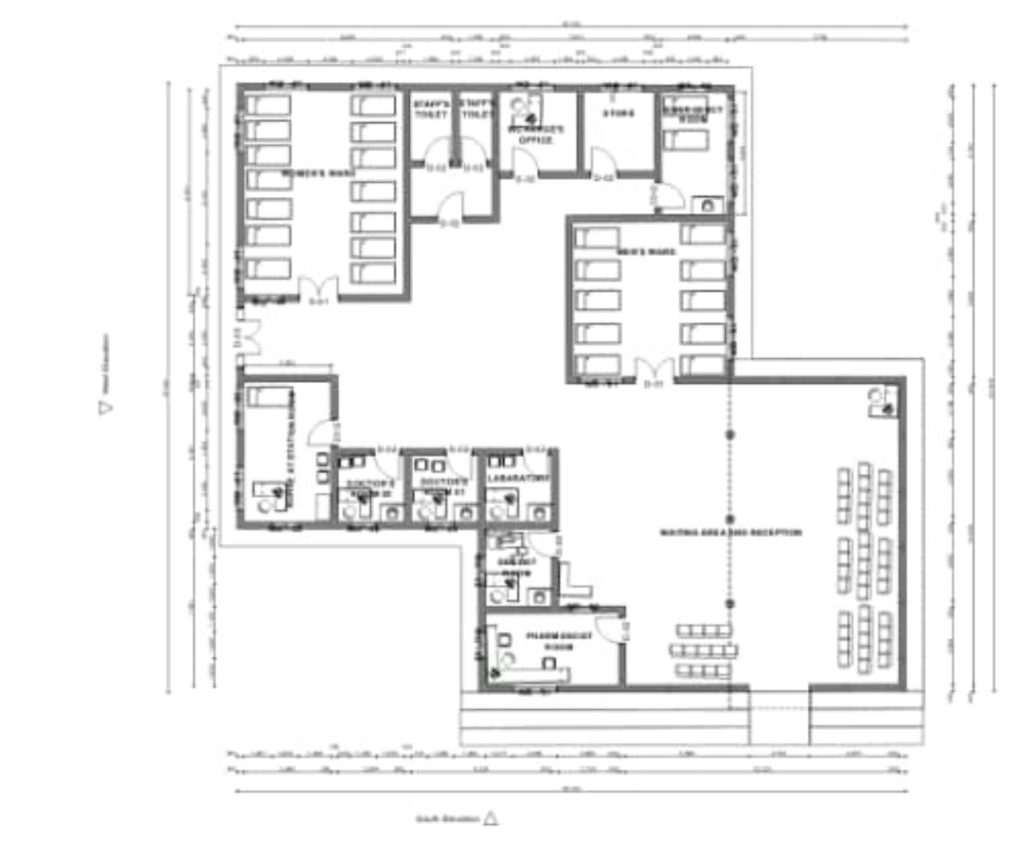
The construction of a new building would not only improve clinical outcomes but also restore dignity and privacy to the thousands of patients who visit the health center each year.
Looking Ahead
Fr. Kavuma’s leadership exemplifies how grassroots innovation, rooted in faith and informed by community needs, can overcome systemic challenges. By leveraging microfinance, local skills, and community commitment, Lwangiri Parish has proven that sustainable change is possible—even in the most under-resourced environments.
“We started with seven pigs and a prayer,” Fr. Kavuma reflected. “Now we have healthier babies, stronger mothers, and a community that believes in itself again.”
He remains hopeful that generous donors, development partners, and well-wishers will join hands with the parish to complete the next phase of this journey.
“This is more than a building project. It’s a mission to protect the future of our children.”
How to Help
Lwangiri Parish is currently seeking $30,000 USD to begin construction of the new health center block. Donations, technical support, and partnerships are welcome.
“The smallest seed of faith, when nurtured, can grow into a tree that shelters many.”
